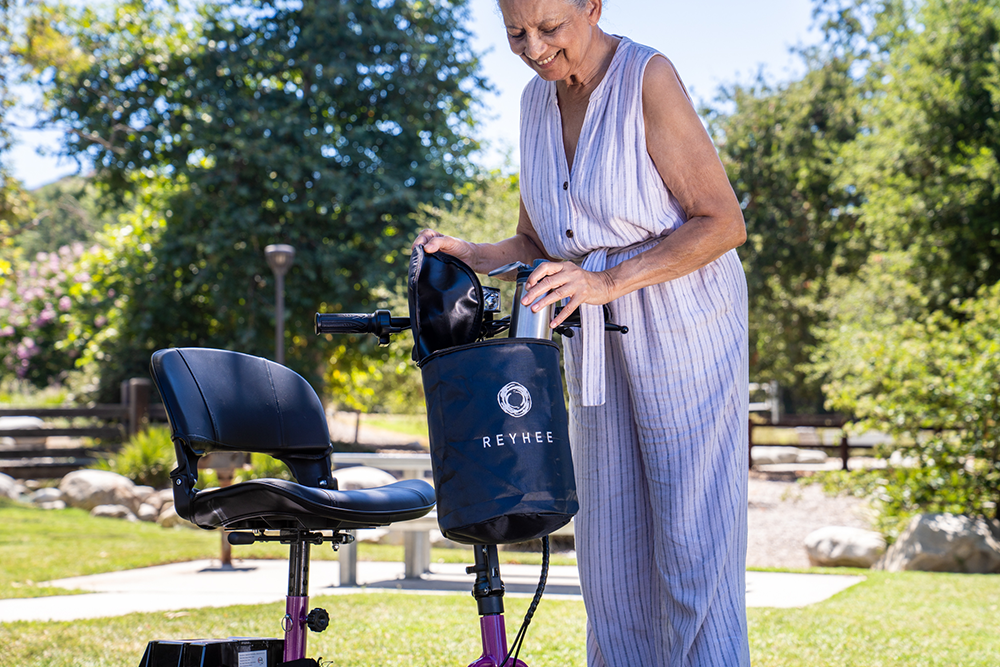If you are looking to get a mobility scooter covered by Medicare, it is important to understand which models qualify and how to navigate the process. Medicare may cover mobility scooters that are deemed medically necessary. This article explains which scooters are generally covered and the eligibility criteria you must meet to secure the coverage.
What Are Mobility Scooters Covered By Medicare?
Medicare typically covers mobility scooters under Medicare Part B if they are prescribed as medically required for home use. These scooters must be necessary for performing activities on a daily basis like accessing rooms, moving around the house, or going to the bathroom. Coverage typically applies to basic models that meet Medicare’s standards for durability and medical need.
Eligible Mobility Scooters
While there is no official list of covered models, certain types of mobility scooters are more likely to be covered by Medicare:
- Standard Mobility Scooters
These are typically designed for indoor use. They have a weight limit of 250-300 pounds and a range of about 10-15 miles. Medicare is more likely to cover these basic models when they are necessary for in-home mobility.
- Compact or Travel Scooters
Smaller and portable, these scooters are ideal for those who need a lightweight option. If you need something that is easy to transport and store, these models may be eligible for coverage.
- Heavy-Duty Scooters
For those needing more support, heavy-duty scooters have a higher weight capacity (up to 500 pounds) and offer more power. Coverage depends on your medical needs and if the scooter is necessary for your mobility.
- All-Terrain Scooters
If you require a scooter for outdoor use, all-terrain models might be covered. These are larger and designed for different surfaces like grass or gravel.
- Three-Wheeled Scooters
Known for better maneuverability in tight spaces, these scooters are suitable for both indoor and outdoor use. If prescribed for medical necessity, they may be covered by Medicare.
- Four-Wheeled Scooters
These scooters offer stability and support, making them ideal for outdoor use. They are larger but offer more support for those with significant mobility issues.
Eligibility for Coverage
To qualify for coverage, you must be enrolled in Medicare Part B. A doctor must also give a prescription confirming that a scooter is necessary for your condition. Typical qualifying conditions include arthritis, neurological disorders, and injuries that affect mobility. Medicare may also require a home assessment to confirm that a scooter is suitable for your living space.
The Coverage Process
Once your doctor prescribes a mobility scooter, you must submit the prescription to a supplier who is Medicare-approved. Medicare will review the information, and in some cases, prior authorization may be required. Keep in mind that Medicare often covers only basic scooters. More advanced models, such as those for outdoor use, may require additional documentation to prove medical necessity.
For those seeking other mobility solutions like mobility scooters or folding electric wheelchairs, be sure to confirm with your Medicare plan if those models are eligible.
Reyhee’s Mobility Solutions
At Reyhee, our mobility solutions range from scooters to folding electric wheelchairs. We are dedicated to helping individuals find the best mobility aids for their needs and making sure they are guided through the Medicare process.
Getting mobility scooters covered by Medicare requires meeting specific eligibility criteria and navigating the coverage process. From basic scooters for indoor use to all-terrain models, Medicare may cover a variety of options.

